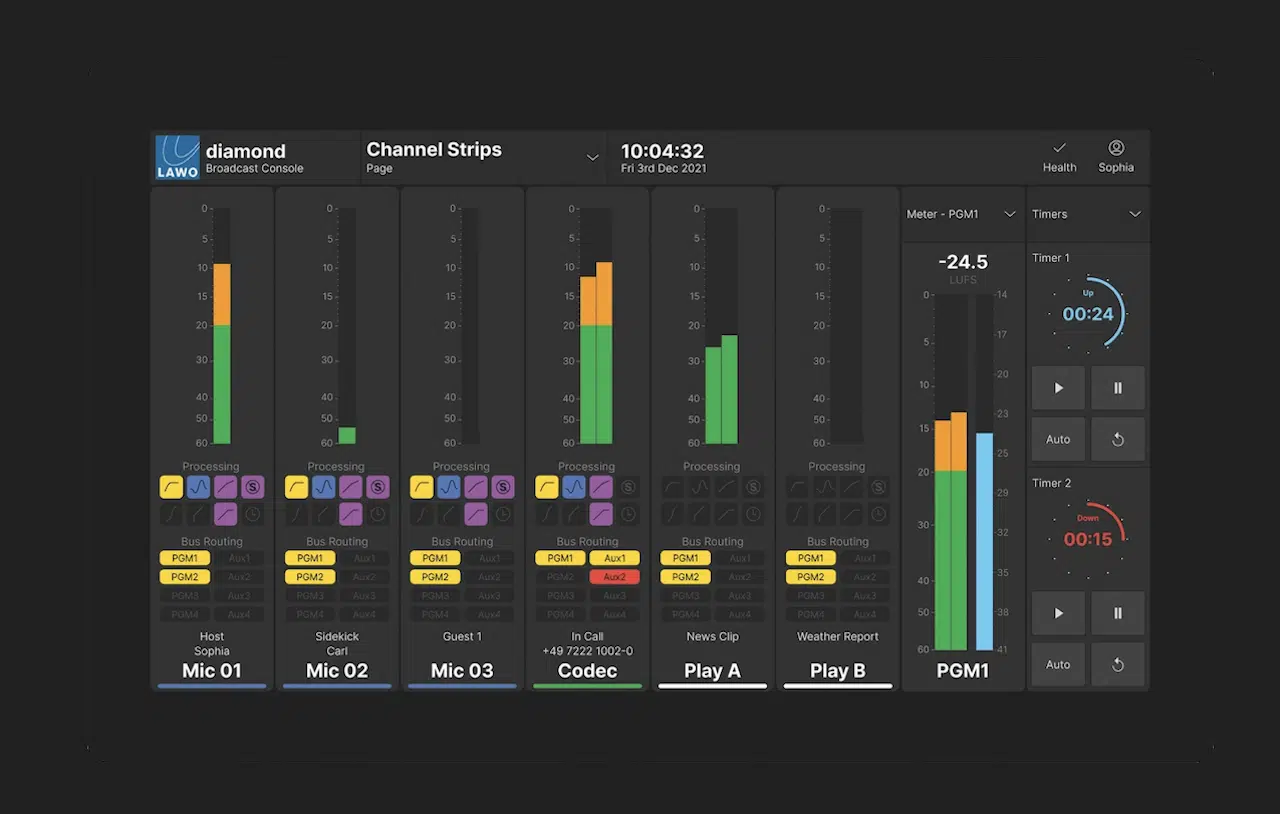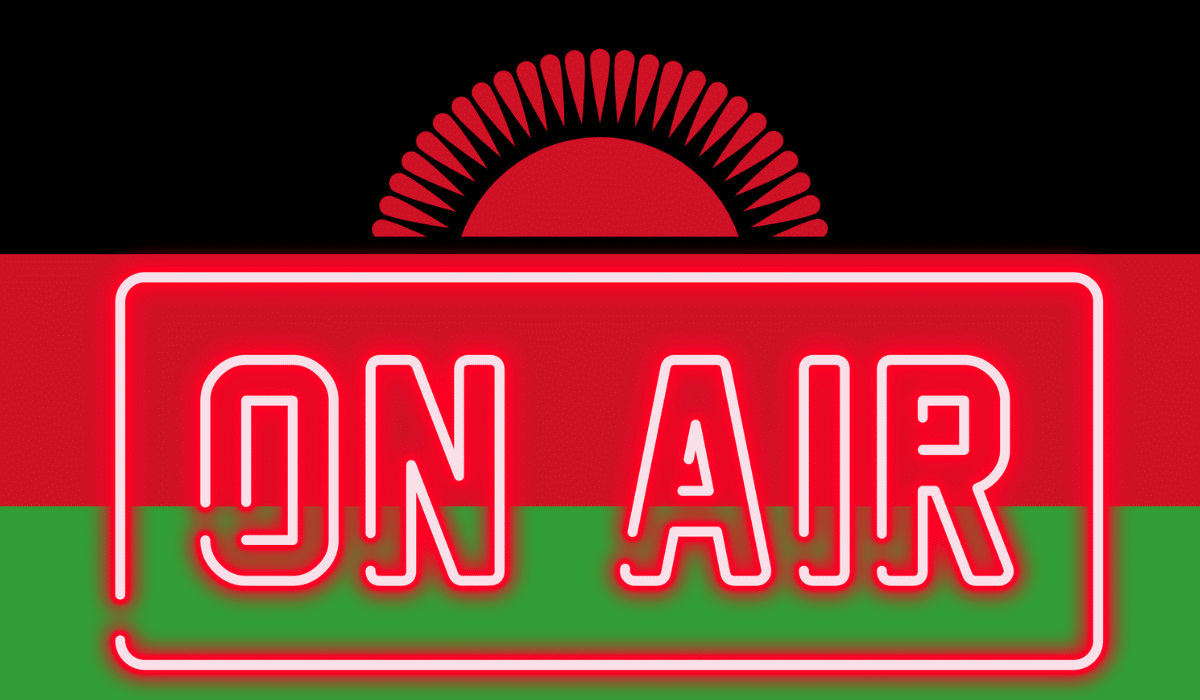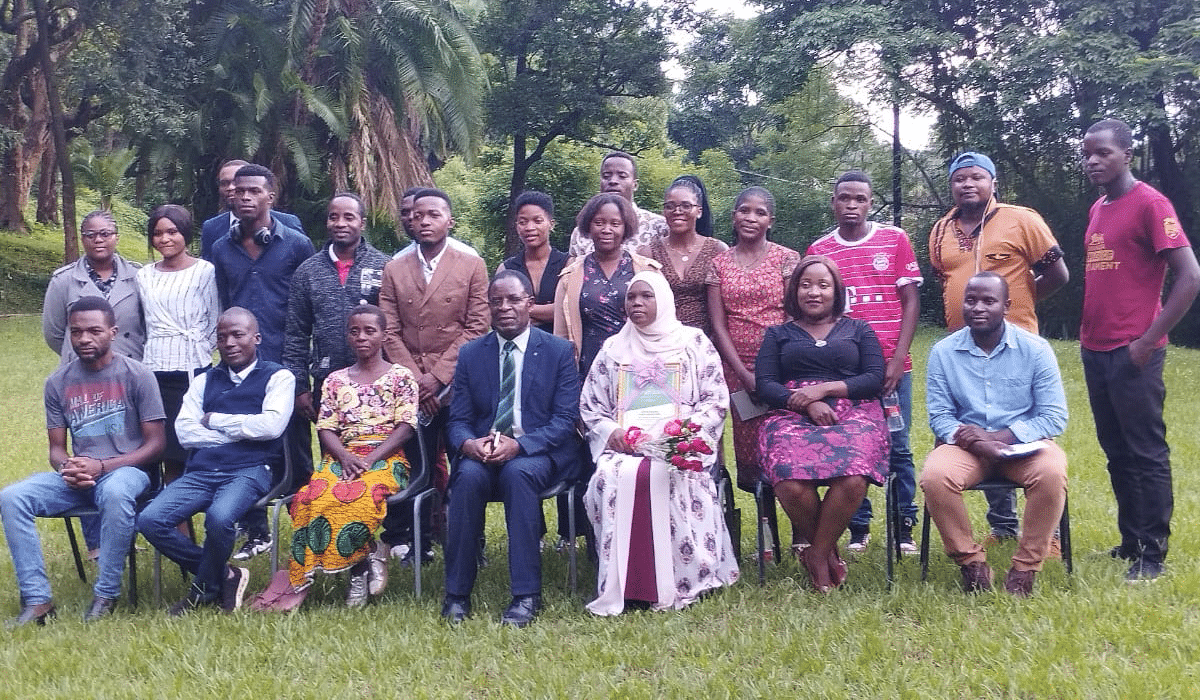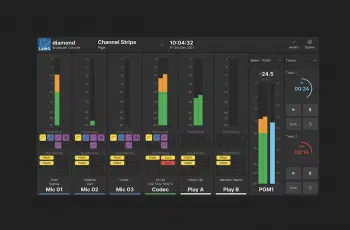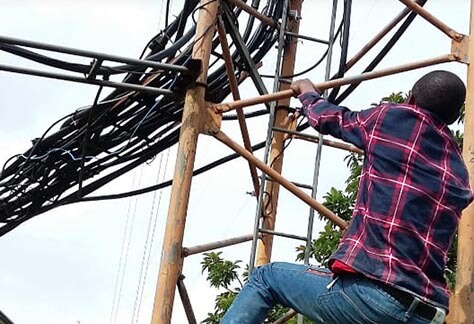
BLANTYRE, Malawi — Malawi’s government has announced that it’s going to review the radio spectrum refarming initiative, which the country’s communications regulator carried out in 2019. The goal with this plan was to alleviate congestion on the nation’s FM band.
The decision follows complaints from some radio stations stating that the project has instead bred frequency interference due to the plan’s requirement for stations with two or more transmitters in close vicinity to reduce sending power.
Mixed Reviews

Malawi Communications Regulatory Authority (MACRA) started to reorganize radio frequencies in 2019, following a recommendation from Davood Molkdar, managing director for Casitel. MACRA hired Casitel, an independent consulting firm, in March 2019 to help with the country’s spectrum and frequency audit.
MACRA believed the frequency refarming scheme would create space to accommodate more new radio stations. In July 2018, MACRA stopped issuing radio broadcast licenses due to saturation in the 87.5 to 108 MHz band.
Mussa Abdul, head of the Technical Department at Radio Islam, said the exercise has resulted in the station facing frequency interference.

“The initiative required us to lower our ERP from 500 watts to 200 watts. But, this caused us to face intrusion from other radio stations,” he said. “For example, our new frequency in Dedza district that airs on 89.90 FM is experiencing interference from Radio Maria, which airs on the same frequency, in Mangochi district. This has compromised our sound quality and we’ve lost part of our listenership in the process.” To attenuate the issue, he explains, they had to purchase a Barix STL through distributor Broadcast Software International.
Extra Cost
While Ufulu FM also claims to be facing interference from state broadcaster Malawi Broadcasting Corp., other industry players support the new scheme. Abdulrazaaaq Telera, head of technical services at Joy Radio, recommends the spectrum refarm program. He believes it’s paving the way for new radio stations, but cautions that the frequency reallocation part has caused financial burden for many radio stations.
“For example, when purchasing STLs, our suppliers allocate the given frequencies right at the factory. But with the frequency reorganization we now need to send the equipment back so they can realign the settings with the new frequencies. This is too expensive for us,” says Telera.
The Minister of Information, Gospel Kazako, adds there have been other complaints from radio stations on the impact of the spectrum refarm.
Kazako emphasized this in December when he toured Radio Maria in Mangochi district, which also complained about the negative impact of the spectrum refarming on the radio.
“The government will soon hold a meeting with communications regulatory authorities and broadcasters to review the impact of this reorganization and decide on their next moves. We need to understand what has worked and what has not, so that we can move forward accordingly,” he said.



